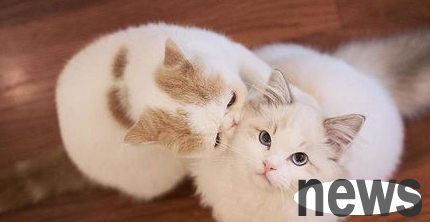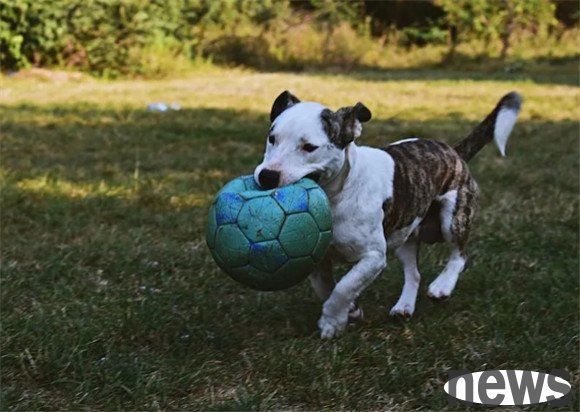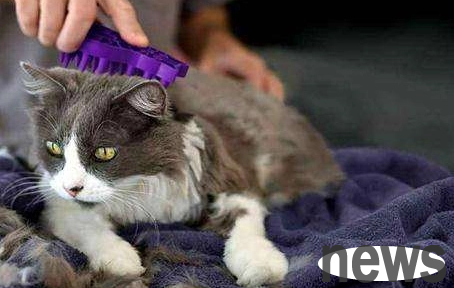Cleverly train your cat, a must-see for raising cats!
Some people only like cats and have low requirements for cats, but some parents are strict about their own cat love, interact frequently with cats during the breeding process, and train them during the interaction process. In fact, training is also a topic of in-depth. Below are you teaching you how to train cats ingeniously.

1. Use meals to increase favorability

Why do some cats know how to ask their parents for dinner with their bowls in their mouths, and some just wait for their parents to find that they are empty and food bowls. In addition to the natural IQ differences, this is also related to their different degree of intimacy with us. Don’t use busyness as an excuse to use automatic feeders instead of our actions of pouring cat food and mixing cans for it every day. If possible, they should also feed them a few delicious cat meals frequently so that the little ones can understand that we are the one who is trying hard to "serve" them, bringing us closer together. After the intimacy deepens, they will naturally make intimate actions that seem "smart" to us.
2. Cleverly use meal time
Many times, cats do not know how to play and interact with us, but they are too lazy to pay attention to us, or they are introverted and unwilling to interact and get close to each other. This kind of lazy and timid state that looks a bit silly is interpreted as a "silly-looking" state.
However, when cats encounter delicious food, they will show more interest and curiosity, "do whatever they want" for food, and do whatever they want. When it comes to these "delicious food first" cats, we might as well set the time to interact with them ten minutes before meals. After the interaction or game, we can immediately reward them with delicious food. Over time, you will be surprised to find that even the stupidest cat in the family will shine with clever light when playing.
3. Tailoring for cats is the key.
Training cats to learn special skills. First of all, you must make choices based on the cat's interests. If a cat has a small toy that it particularly likes, it will be easy for it to find it; cats who are willing to stand up will definitely have the potential to learn to bow, while cats who are not afraid of going out can easily adapt to the life of walking. Based on the personality of the cat, tailor-made learning plans for them will not be disgusted and parents will be more likely to feel accomplished. It is a matter of killing two birds with one stone.















